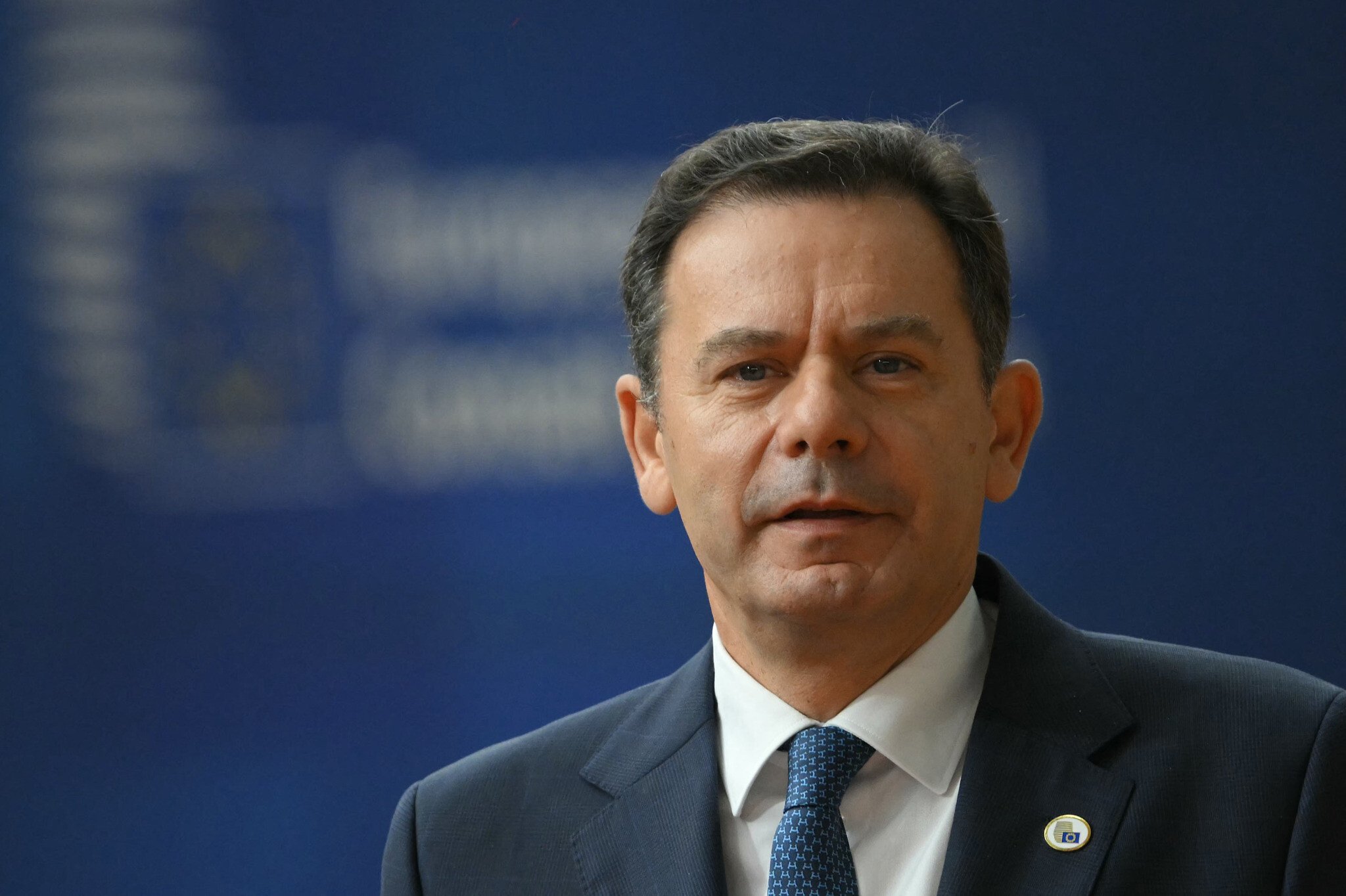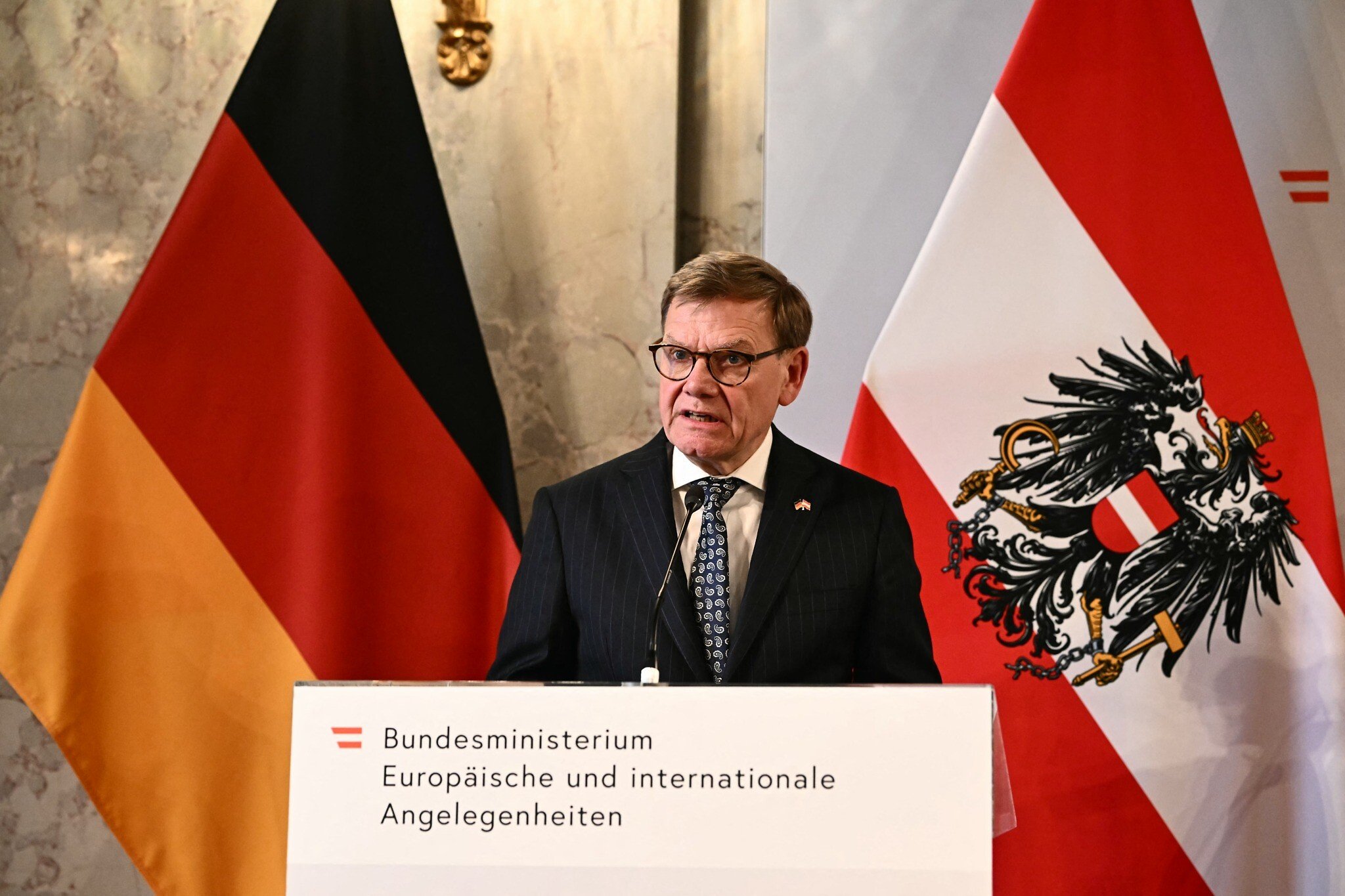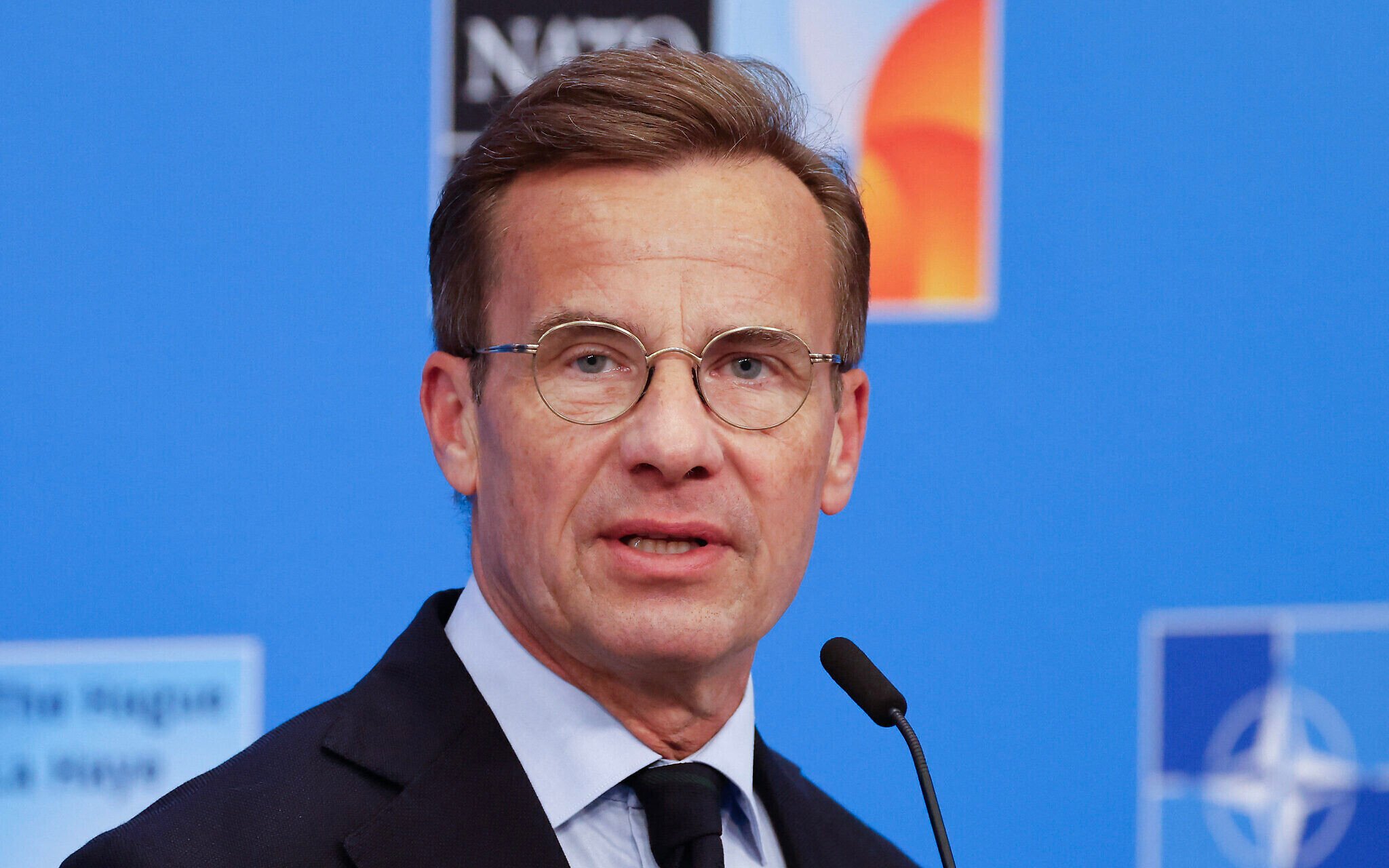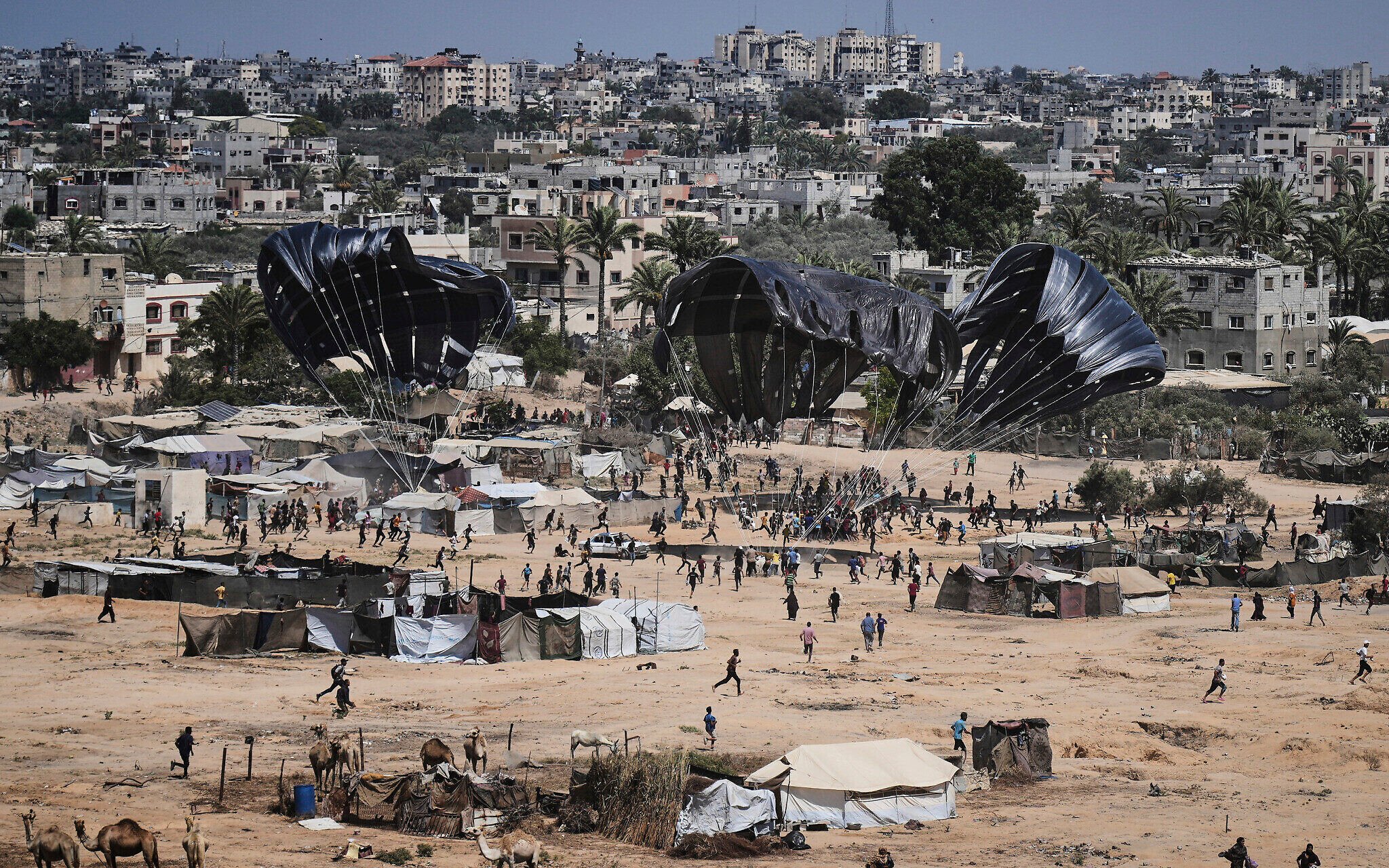



The Portuguese government will consult the president and parliament on the question of recognizing the State of Palestine at the UN in September, Prime Minister Luis Montenegro’s office announced Thursday.
Portugal is the latest Western power to chime in on the question of Palestinian sovereignty, after France, the United Kingdom and Canada vowed to recognize a Palestinian state this coming fall in a bid to pressure Israel on Gaza and resuscitate the prospect of a two-state solution.
A statement from the Portuguese premier’s office said the country “is considering recognition of the Palestinian state, as part of a procedure that could be concluded during the high-level week of the 80th United Nations General Assembly, to be held in New York in September.”
As momentum builds in Europe toward official recognition of Palestinian statehood, German Foreign Minister Johann Wadephul said it was premature to recognize a Palestinian state, but stressed the two-state process must begin immediately.
“A negotiated two-state solution remains the only path that can offer people on both sides a life in peace, security, and dignity,” Wadephul said in a statement issued shortly before leaving for Israel and the West Bank. “For Germany, the recognition of a Palestinian state comes more at the end of that process. But such a process must begin now.”

Meanwhile, Sweden on Thursday called on the European Union to suspend the trade part of its association agreement with Israel over its conduct of the war in Gaza.
“The situation in Gaza is absolutely appalling, and Israel is failing to fulfil its most basic obligations and agreements on emergency aid,” Swedish Prime Minister Ulf Kristersson said in a post to X.
Israel has faced increasing global condemnation for the humanitarian situation in Gaza, after images circulated last week of emaciated children in the war-torn territory. The death toll in the Strip surpassed 60,000 on Wednesday, according to Gaza’s Hamas-run health ministry, and malnutrition-related deaths have been reported on an almost daily basis throughout July.
“Sweden therefore demands that the EU freeze the trade section of the association agreement as soon as possible,” Kristersson said, calling on the government to allow “unhindered humanitarian aid into Gaza.”
The EU’s association agreement with Israel is a framework for trade and political relations. The bloc is Israel’s largest trading partner, accounting for nearly a third of Israel’s global trade, according to EU data.

Kristersson’s statement comes two days after a similar stance was taken by the Netherlands.
Dutch Foreign Minister Caspar Veldkamp said that the Netherlands would push to suspend the trade element of the EU-Israel Association Agreement if Israel fails to meet its humanitarian obligations.
The Israel-Hamas war in Gaza has deeply divided EU members.
Sweden’s move came as a series of Western allies, including France, the United Kingdom, and Canada, announced their intent or serious consideration to unilaterally recognize a Palestinian state at the United Nations General Assembly in September amid growing international outrage over the humanitarian situation in Gaza.
Israeli officials have uniformly rejected unilateral recognition of a Palestinian state, arguing it rewards terrorism and undermines Israel’s leverage in ongoing efforts to free the remaining Israeli hostages held by Hamas in Gaza.

Germany and Hungary have been among Israel’s closest allies in Europe during its war against Hamas in Gaza, while a growing number of other European countries have taken a range of actions to signal their opposition to Israeli conduct in Gaza as well as the West Bank, such as Spain, which denounces the “genocide” against Gaza’s Palestinians.
An EU report, presented to the 27 member states at the end of June, found that Israel may have fallen short of its human rights obligations under its EU cooperation agreement.
The ongoing war began with the Hamas-led October 7, 2023, massacre, in which invaders killed some 1,200 people in southern Israel and took 251 hostages. Terror groups in the Gaza Strip are holding 49 of those hostages, at least 20 of whom are thought to be alive. Hamas is also holding the body of an IDF soldier killed in Gaza in 2014.
The Hamas-run Gaza health ministry says at least 60,000 people in the Strip have been killed or are presumed dead in the fighting so far, though the toll cannot be verified. As of January, Israel said it had killed some 20,000 combatants in battle, and another 1,600 terrorists inside Israel during the October 7 onslaught.
Israel says it seeks to minimize civilian fatalities and stresses that Hamas uses Gaza’s civilians as human shields, fighting from civilian areas including homes, hospitals, schools, and mosques. Israel’s toll in the ground offensive against Hamas in Gaza and in military operations along the border with the Strip stands at 459.
Nava Freiberg contributed to this report.
